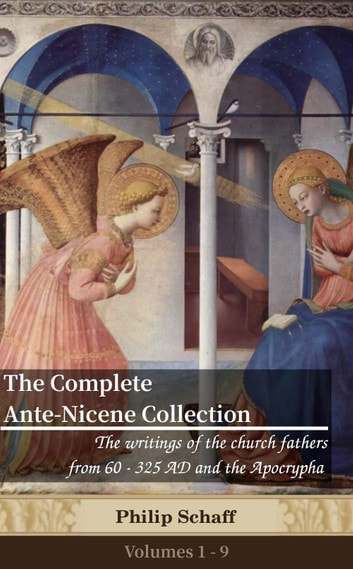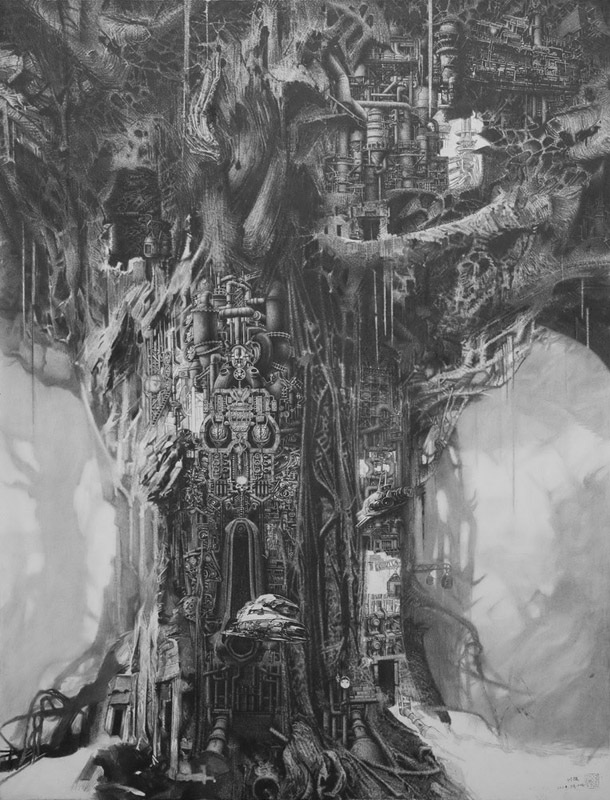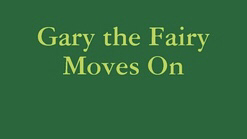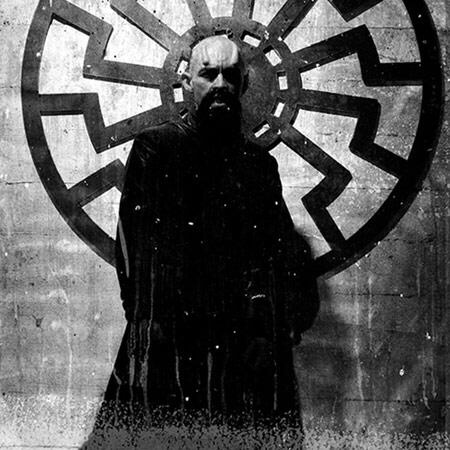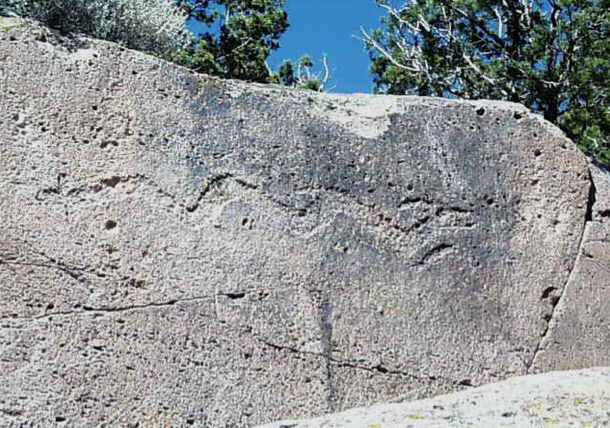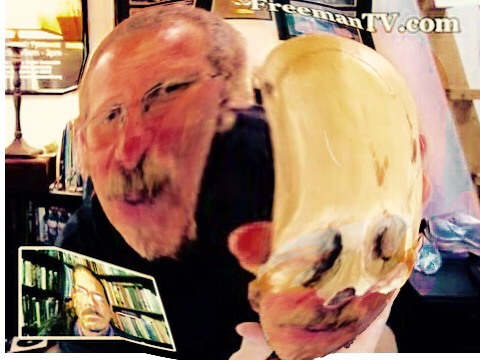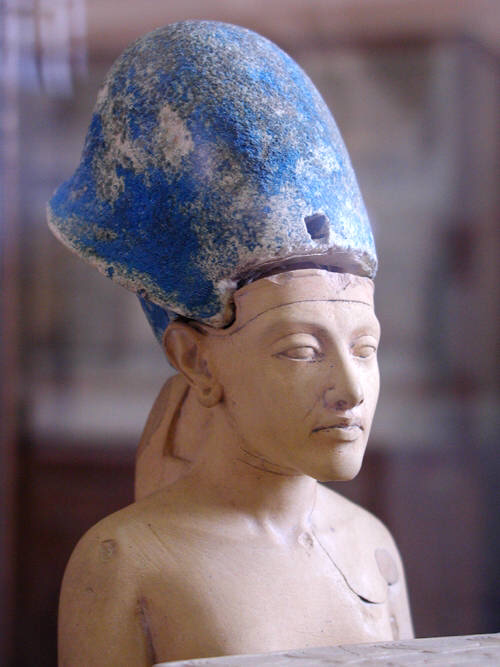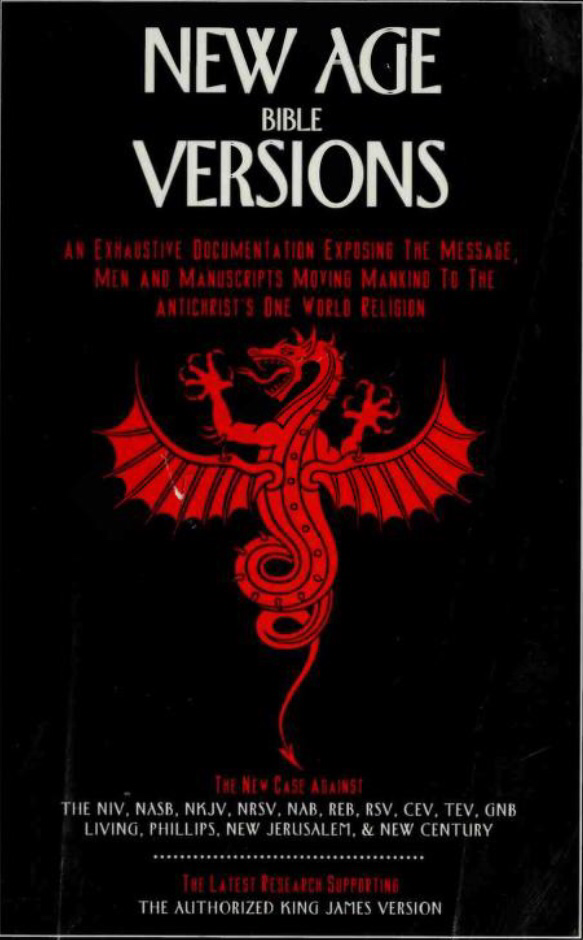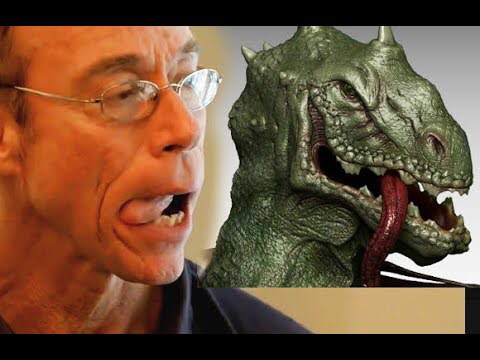Biblical Giants
Ante-Nicene Fathers
Chapter XXIV.--Concerning the Angels and Giants.
What need is there, in speaking to you who have searched into every department of knowledge, to mention the poets, or to examine opinions of another kind? Let it suffice to say thus much. If the poets and philosophers did not acknowledge that there is one God, and concerning these gods were not of opinion, some that they are demons, others that they are matter, and others that they once were men,--there might be some show of reason for our being harassed as we are, since we employ language which makes a distinction between God and matter, and the natures of the two. For, as we acknowledge a God, and a Son his Logos, and a Holy Spirit, united in essence,--the Father, the Son, the Spirit, because the Son is the Intelligence, Reason, Wisdom of the Father, and the Spirit an effluence, as light from fire; so also do we apprehend the existence of other powers, which exercise dominion about matter, and by means of it, and one in particular, which is hostile to God: not that anything is really opposed to God, like strife to friendship, according to Empedocles, and night to day, according to the appearing and disappearing of the stars (for even if anything had placed itself in opposition to God, it would have ceased to exist, its structure being destroyed by the power and might of God), but that to the good that is in God, which belongs of necessity to Him, and co-exists with Him, as colour with body, without which it has no existence (not as being part of it, but as an attendant property co-existing with it, united and blended, just as it is natural for fire to be yellow and the ether dark blue),--to the good that is in God, I say, the spirit which is about matter, [786] who was created by God, just as the other angels were created by Him, and entrusted with the control of matter and the forms of matter, is opposed. For this is the office of the angels,--to exercise providence for God over the things created and ordered by Him; so that God may have the universal and general providence of the whole, while the particular parts are provided for by the angels appointed over them. [787] Just as with men, who have freedom of choice as to both virtue and vice (for you would not either honour the good or punish the bad, unless vice and virtue were in their own power; and some are diligent in the matters entrusted to them by you, and others faithless), so is it among the angels. Some, free agents, you will observe, such as they were created by God, continued in those things for which God had made and over which He had ordained them; but some outraged both the constitution of their nature and the government entrusted to them: namely, this ruler of matter and its various forms, and others of those who were placed about this first firmament (you know that we say nothing without witnesses, but state the things which have been declared by the prophets); these fell into impure love of virgins, and were subjugated by the flesh, and he became negligent and wicked in the management of the things entrusted to him. Of these lovers of virgins, therefore, were begotten those who are called giants. [788] And if something has been said by the poets, too, about the giants, be not surprised at this: worldly wisdom and divine differ as much from each other as truth and plausibility: the one is of heaven and the other of earth; and indeed, according to the prince of matter,-- "We know we oft speak lies that look like truths." [789] [786] [Comp. cap. xxvii., infra.][787] [Kaye, 192. And see cap. x., supra, p. 133. Divine Providence does not exclude the ministry of angels by divine appointment. Resurrection, cap. xviii., infra.] [788] [The Paris editors caution us against yielding to this interpretation of Gen. vi. 1-4. It was the Rabbinical interpretation. See Josephus, book i. cap. 3.] [789] Hesiod, Theog., 27. [Traces of the Nephilim are found in all mythologies.]
[787] [Kaye, 192. And see cap. x., supra, p. 133. Divine Providence does not exclude the ministry of angels by divine appointment. Resurrection, cap. xviii., infra.] [788] [The Paris editors caution us against yielding to this interpretation of Gen. vi. 1-4. It was the Rabbinical interpretation. See Josephus, book i. cap. 3.] [789] Hesiod, Theog., 27. [Traces of the Nephilim are found in all mythologies.]
LionArray <[email protected]>6:12 PM (0 minutes ago)
to me
[787] [Kaye, 192. And see cap. x., supra, p. 133. Divine Providence does not exclude the ministry of angels by divine appointment. Resurrection, cap. xviii., infra.] [788] [The Paris editors caution us against yielding to this interpretation of Gen. vi. 1-4. It was the Rabbinical interpretation. See Josephus, book i. cap. 3.] [789] Hesiod, Theog., 27. [Traces of the Nephilim are found in all mythologies.]
What need is there, in speaking to you who have searched into every department of knowledge, to mention the poets, or to examine opinions of another kind? Let it suffice to say thus much. If the poets and philosophers did not acknowledge that there is one God, and concerning these gods were not of opinion, some that they are demons, others that they are matter, and others that they once were men,--there might be some show of reason for our being harassed as we are, since we employ language which makes a distinction between God and matter, and the natures of the two. For, as we acknowledge a God, and a Son his Logos, and a Holy Spirit, united in essence,--the Father, the Son, the Spirit, because the Son is the Intelligence, Reason, Wisdom of the Father, and the Spirit an effluence, as light from fire; so also do we apprehend the existence of other powers, which exercise dominion about matter, and by means of it, and one in particular, which is hostile to God: not that anything is really opposed to God, like strife to friendship, according to Empedocles, and night to day, according to the appearing and disappearing of the stars (for even if anything had placed itself in opposition to God, it would have ceased to exist, its structure being destroyed by the power and might of God), but that to the good that is in God, which belongs of necessity to Him, and co-exists with Him, as colour with body, without which it has no existence (not as being part of it, but as an attendant property co-existing with it, united and blended, just as it is natural for fire to be yellow and the ether dark blue),--to the good that is in God, I say, the spirit which is about matter, [786] who was created by God, just as the other angels were created by Him, and entrusted with the control of matter and the forms of matter, is opposed. For this is the office of the angels,--to exercise providence for God over the things created and ordered by Him; so that God may have the universal and general providence of the whole, while the particular parts are provided for by the angels appointed over them. [787] Just as with men, who have freedom of choice as to both virtue and vice (for you would not either honour the good or punish the bad, unless vice and virtue were in their own power; and some are diligent in the matters entrusted to them by you, and others faithless), so is it among the angels. Some, free agents, you will observe, such as they were created by God, continued in those things for which God had made and over which He had ordained them; but some outraged both the constitution of their nature and the government entrusted to them: namely, this ruler of matter and its various forms, and others of those who were placed about this first firmament (you know that we say nothing without witnesses, but state the things which have been declared by the prophets); these fell into impure love of virgins, and were subjugated by the flesh, and he became negligent and wicked in the management of the things entrusted to him. Of these lovers of virgins, therefore, were begotten those who are called giants. [788] And if something has been said by the poets, too, about the giants, be not surprised at this: worldly wisdom and divine differ as much from each other as truth and plausibility: the one is of heaven and the other of earth; and indeed, according to the prince of matter,-- "We know we oft speak lies that look like truths." [789] [786] [Comp. cap. xxvii., infra.][787] [Kaye, 192. And see cap. x., supra, p. 133. Divine Providence does not exclude the ministry of angels by divine appointment. Resurrection, cap. xviii., infra.] [788] [The Paris editors caution us against yielding to this interpretation of Gen. vi. 1-4. It was the Rabbinical interpretation. See Josephus, book i. cap. 3.] [789] Hesiod, Theog., 27. [Traces of the Nephilim are found in all mythologies.]
[787] [Kaye, 192. And see cap. x., supra, p. 133. Divine Providence does not exclude the ministry of angels by divine appointment. Resurrection, cap. xviii., infra.] [788] [The Paris editors caution us against yielding to this interpretation of Gen. vi. 1-4. It was the Rabbinical interpretation. See Josephus, book i. cap. 3.] [789] Hesiod, Theog., 27. [Traces of the Nephilim are found in all mythologies.]
LionArray <[email protected]>6:12 PM (0 minutes ago)
to me
[787] [Kaye, 192. And see cap. x., supra, p. 133. Divine Providence does not exclude the ministry of angels by divine appointment. Resurrection, cap. xviii., infra.] [788] [The Paris editors caution us against yielding to this interpretation of Gen. vi. 1-4. It was the Rabbinical interpretation. See Josephus, book i. cap. 3.] [789] Hesiod, Theog., 27. [Traces of the Nephilim are found in all mythologies.]
